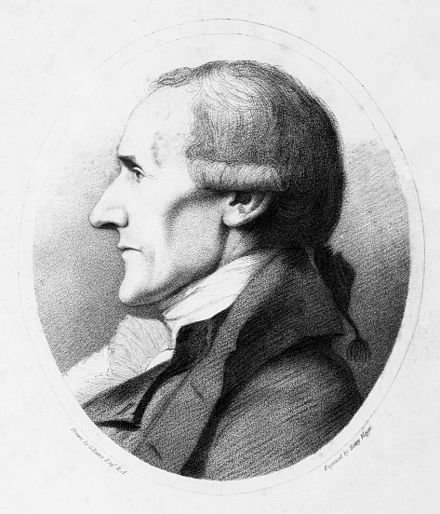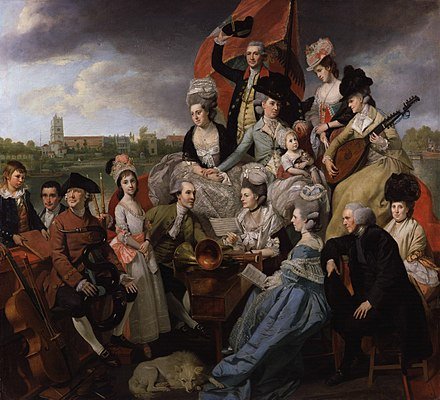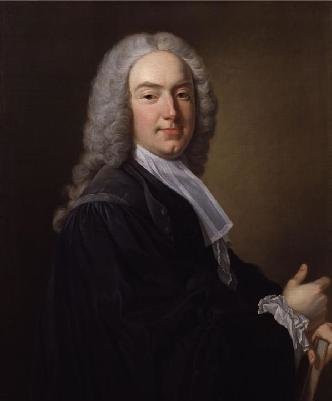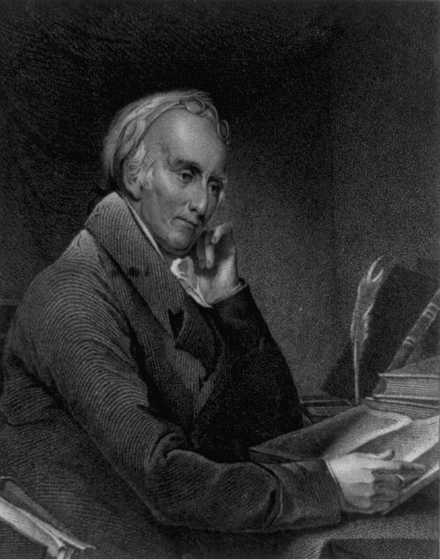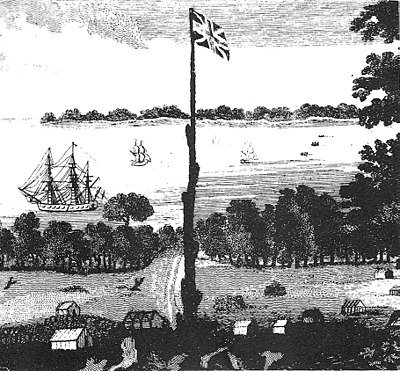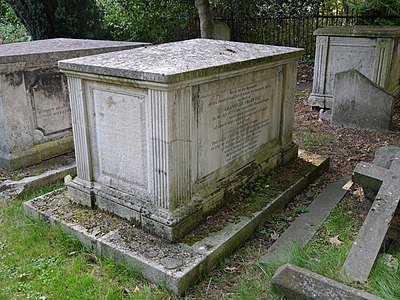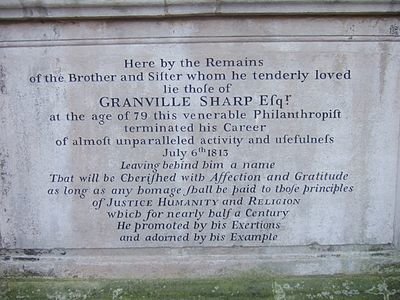British Heritage
Remember, Cherish, Learn.
beta
Granville Sharp - Abolitionism
Granville Sharp and the Abolitionist Movement.
Granville Sharp (1735–1813) was a prominent British activist who played a significant role in the abolitionist movement in the United Kingdom. His tireless efforts in advocating for the abolition of the slave trade and challenging other social injustices left a profound impact on British heritage. Sharp's legacy lies in his instrumental role in shaping the early stages of the abolitionist movement, his founding contributions to the settlement of Sierra Leone, and his multifaceted involvement in various social causes.
Granville Sharp was born in Durham in 1735 to Judith Wheler and Thomas Sharp, the Archdeacon of Northumberland. He received education at Durham School but mainly studied at home due to financial constraints. During his apprenticeship as a London linen-draper, Sharp's intellectual curiosity led him to learn Greek and Hebrew to engage in theological debates with his colleagues.
Sharp's journey as an abolitionist began when he encountered Jonathan Strong, a young black slave who had suffered severe abuse from his master. This encounter sparked his commitment to fight against the injustices of slavery. He engaged in several legal battles to protect the rights of enslaved individuals, including the landmark case of James Somerset, where he successfully argued against the legality of slavery on English soil.
Sharp's scholarly pursuits extended beyond abolitionism. He was a classical grammarian known for his work on what came to be known as the "Granville Sharp Rule." This rule related to the Greek article and substantives in biblical passages and had implications for theological debates, particularly concerning the deity of Christ.
One of Sharp's most significant contributions to British heritage was his involvement in establishing the settlement of Sierra Leone. He formulated a plan to settle black people, including former slaves, in Sierra Leone, creating a new egalitarian society called the "Province of Freedom." Although the settlement faced challenges and was not entirely successful, it laid the foundation for the later founding of Freetown, Sierra Leone, and Sharp is considered one of the founding fathers of the nation.
Apart from abolitionism, Sharp was actively engaged in advocating for parliamentary reform, legislative independence for Ireland, and against the impressment of sailors for the Navy. He was a founding member of several societies, including the British and Foreign Bible Society and the Society for the Conversion of the Jews.
Granville Sharp's work as an abolitionist and philanthropist left an indelible mark on British heritage. His efforts, along with those of other abolitionists, eventually led to the passage of the Abolition of the Slave Trade Act in 1807. Although he did not witness the final success of the abolitionist cause before his death in 1813, Sharp's contributions continued to be celebrated and honored by subsequent generations.
Today, Granville Sharp is remembered through various memorials, including a monument in Westminster Abbey and a restoration of his tomb in the graveyard of All Saints' Church, Fulham. His face has been featured on a Royal Mail stamp commemorating the 200th anniversary of the abolition of slavery in the United Kingdom in 2007.
In conclusion, Granville Sharp's dedication to the abolitionist cause and his establishment of the settlement in Sierra Leone cemented his place in British heritage. His tireless efforts for justice, along with his scholarly pursuits, have left a lasting impact on the nation's history and the global fight against slavery and social injustices. Granville Sharp's legacy continues to inspire those advocating for human rights and equality.
Early Life and Education
Granville Sharp was born in Durham in 1735 to Judith Wheler and Thomas Sharp, the Archdeacon of Northumberland. He received education at Durham School but mainly studied at home due to financial constraints. During his apprenticeship as a London linen-draper, Sharp's intellectual curiosity led him to learn Greek and Hebrew to engage in theological debates with his colleagues.
Abolitionism and the Struggle for Justice
Sharp's journey as an abolitionist began when he encountered Jonathan Strong, a young black slave who had suffered severe abuse from his master. This encounter sparked his commitment to fight against the injustices of slavery. He engaged in several legal battles to protect the rights of enslaved individuals, including the landmark case of James Somerset, where he successfully argued against the legality of slavery on English soil.
Granville Sharp Rule and Classical Scholarship
Sharp's scholarly pursuits extended beyond abolitionism. He was a classical grammarian known for his work on what came to be known as the "Granville Sharp Rule." This rule related to the Greek article and substantives in biblical passages and had implications for theological debates, particularly concerning the deity of Christ.
Founding Contributions to Sierra Leone
One of Sharp's most significant contributions to British heritage was his involvement in establishing the settlement of Sierra Leone. He formulated a plan to settle black people, including former slaves, in Sierra Leone, creating a new egalitarian society called the "Province of Freedom." Although the settlement faced challenges and was not entirely successful, it laid the foundation for the later founding of Freetown, Sierra Leone, and Sharp is considered one of the founding fathers of the nation.
Other Activism and Philanthropy
Apart from abolitionism, Sharp was actively engaged in advocating for parliamentary reform, legislative independence for Ireland, and against the impressment of sailors for the Navy. He was a founding member of several societies, including the British and Foreign Bible Society and the Society for the Conversion of the Jews.
Legacy and Recognition
Granville Sharp's work as an abolitionist and philanthropist left an indelible mark on British heritage. His efforts, along with those of other abolitionists, eventually led to the passage of the Abolition of the Slave Trade Act in 1807. Although he did not witness the final success of the abolitionist cause before his death in 1813, Sharp's contributions continued to be celebrated and honored by subsequent generations.
Today, Granville Sharp is remembered through various memorials, including a monument in Westminster Abbey and a restoration of his tomb in the graveyard of All Saints' Church, Fulham. His face has been featured on a Royal Mail stamp commemorating the 200th anniversary of the abolition of slavery in the United Kingdom in 2007.
In conclusion, Granville Sharp's dedication to the abolitionist cause and his establishment of the settlement in Sierra Leone cemented his place in British heritage. His tireless efforts for justice, along with his scholarly pursuits, have left a lasting impact on the nation's history and the global fight against slavery and social injustices. Granville Sharp's legacy continues to inspire those advocating for human rights and equality.
- Granville Sharpen.wikipedia.org
